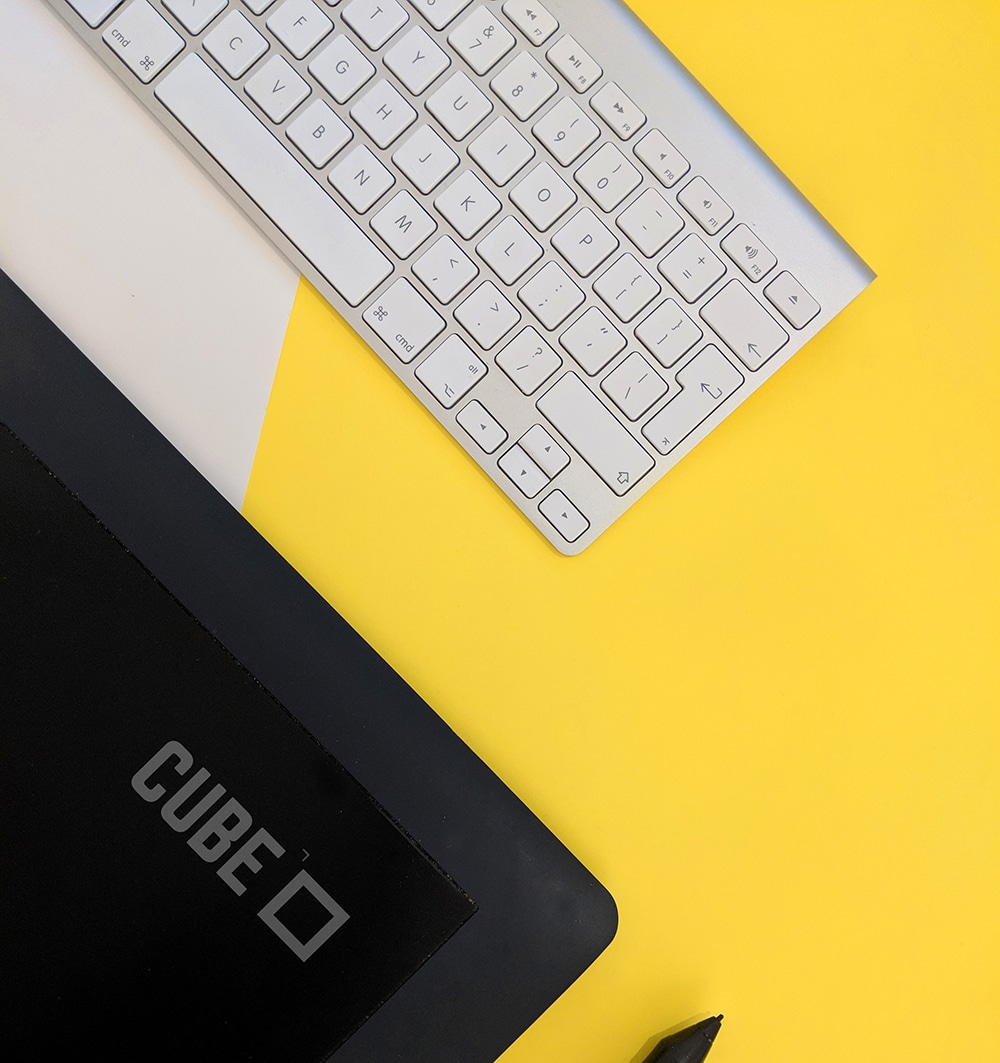Search Engine Optimisation
Search engine optimisation is an algorithm that indexes and ranks pages based on signals. Signals are indicators that the page contains quality information. These signals used in ranking are constantly evolving as search engines strive to provide better and better results.
Increasing the number of positive signals for your pages will improve its ranking.
The best method of improving your ranking is to:
1. Analyse the top ranked pages;
2. Replicate the positive signals used by those pages; 3. Improve on their weak signals.
Let’s look at some of the most important signals…

Content Content Content
Regularly updated quality content is the most important criteria for good search engine rankings. The content must be unique (simply cutting and copying from another website is a signal for poor quality), flow naturally, be spell checked, and with good grammar. Cross linking the content to other articles on your site, and to external sites which rank well for the keyword or phrase being referenced in the content. Search engines like content which is unique, well organised, and coherent. Try to ensure that your page is aimed at a particular keyword or phrase otherwise it confuses both the visitor and search engines. Also check your page for grammatical errors and spelling mistakes.
In general, stuffing your content with keywords destroys the natural flow of the article and detracts from both the readability of your content to visitors and will detract from your quality score with search engines. Check your content with a Flesch-Kincaid readability score checker, and aim for a score of between 60-70.
Ensure that the language used in your page is consistent with the audience you are trying to engage.
A page should ideally be no bigger than 100Kb in size.
Page Load Speed
The speed at which a page loads and gets displayed on your device – research indicates that you lose 50% of visitors if they have to wait for more than 4 seconds. Google likes your web page to load in under two seconds. Increasingly mobile usage currently accounts for about 50% of searches, and that ratio is increasing rapidly. A page that loads quickly on the desktop does not necessarily load at the same speed on a mobile device. So it’s important to analyse and optimise pages for mobile, tablet and desktop.
The User Experience (UX)
Search engines can determine the quality of the user experience your page presents to a user, of particular importance is whether the page is mobile friendly. If you take a common sense point of view would you rank a page at the top of the search results for a search from a mobile phone if it does not display properly on a mobile device.
Amongst others search engines can work out:-
- Does the page have to wait until all the elements are loaded before displaying content at the top of the page which is currently visible;
- Whether the text is legible;
whether buttons/links are sufficiently wide apart to be able to tap them easily; - Whether images compressed, and sized appropriately for the device;
if plugins used to display content which might not work across different platforms; - If the page display an intermediate page which display ads whilst the page is loading;
- Is the page configured so that the content can be displayed within the size of the screen without excessive scrolling.
